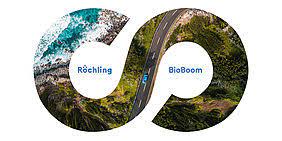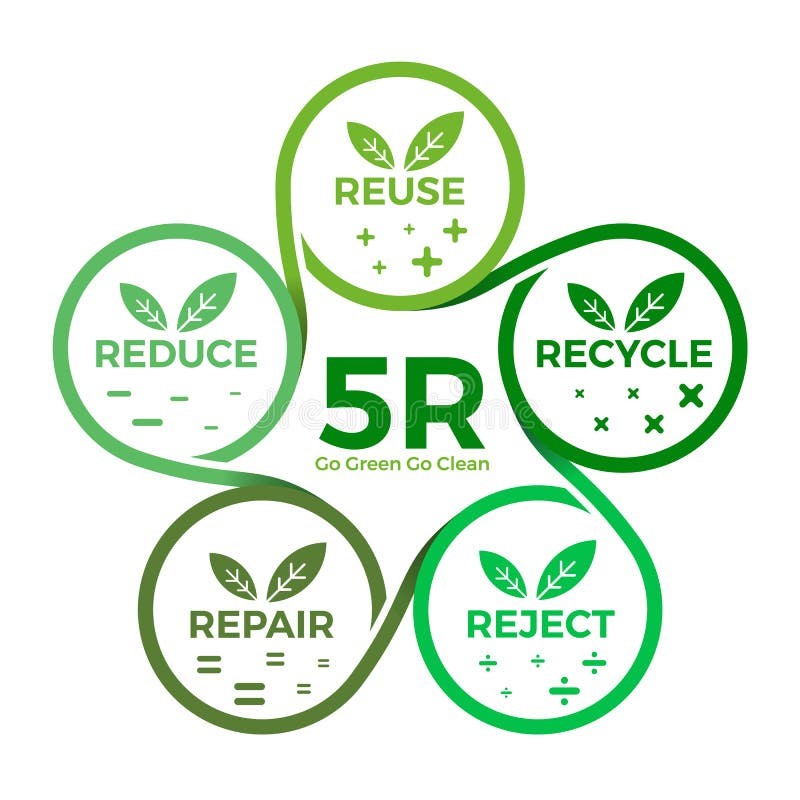
With the bioplastic Röchling-BioBoom, Röchling Automotive is the first company on the market to have a patented polylactide (PLA)-based biopolymer that consists of at least 90 percent renewable raw materials. In this way, the company offers an ecological and economical alternative to most conventional materials such as polyester (PC, PET, PBT) but also polystyrene (ABS), polyolefins (such as PP) and polyamides (PA6).
‘We want to support our customers in the development of environmentally friendly vehicles and thus help shape the transformation of the industry towards a sustainable one,’ explains Prof. Dr. Hanns-Peter Knaebel, Chairman of the Board of Management and CEO of Röchling Automotive. ‘With our bioplastics, we are bringing a sustainable solution to the market that originates from a completely self-controlled supply chain - from renewable resources to the automobile manufacturers’. Röchling Automotive has built up internal expertise in materials development over many years in cooperation with various partners.
With significant improvements in terms of thermal stability and chemical resistance compared to standard PLA, the new biopolymer family meets the company's high technical requirements and specifications.
Röchling BioBoom enables greenhouse gas emission savings that are about 70 percent higher than those of PP and almost 90 percent higher than those of PA6. This means that if the proportion of petrochemical plastics in a mid-sized car is replaced by Röchling Automotive's bioplastics, 515 kilograms of CO2 emissions can be saved per vehicle production.
Three standard types of Röchling Automotive biopolymers are currently available, which are suitable for applications in the engine compartment and underbody as well as for the interior of a vehicle. Each of the three types can be tailored to individual customer needs and the respective specific requirements. Röchling BioBoom can also be used for almost the entire product portfolio of Röchling Automotive.






